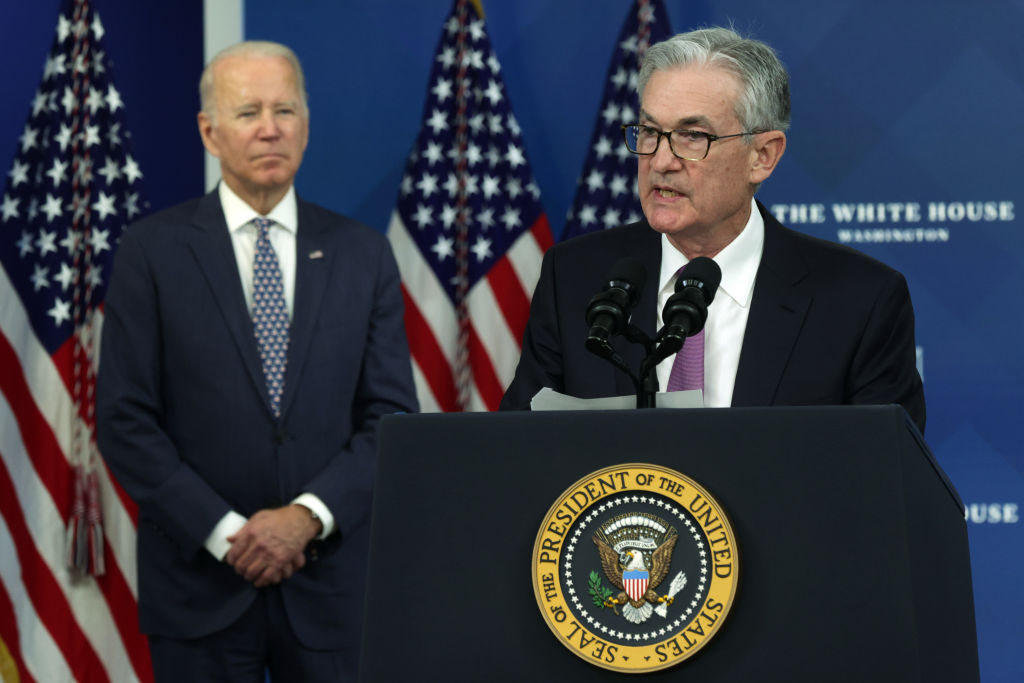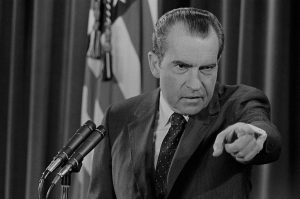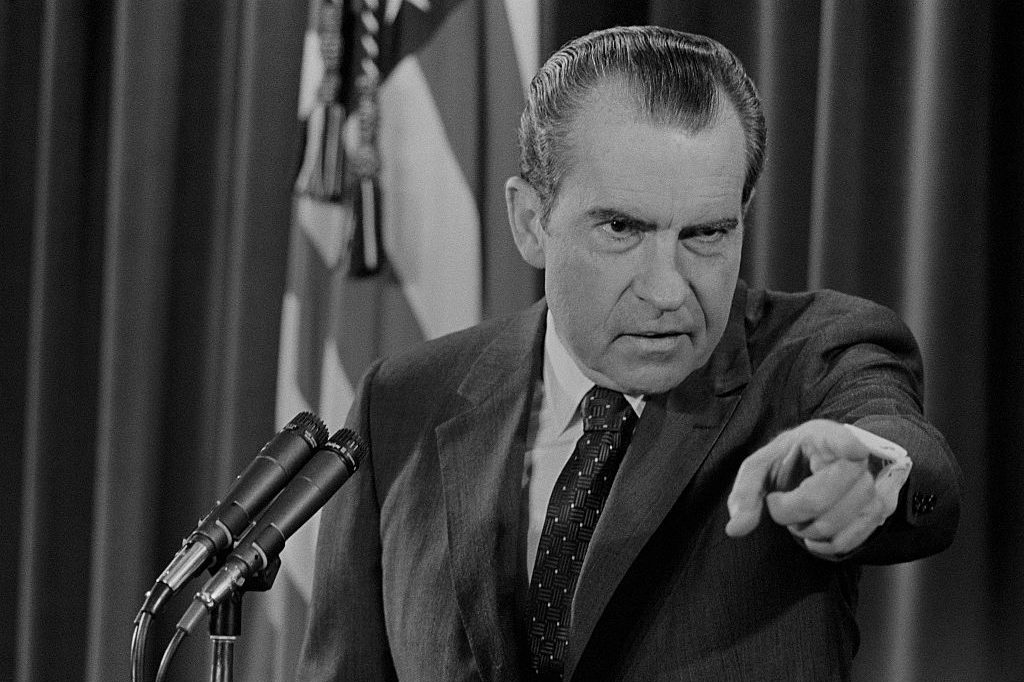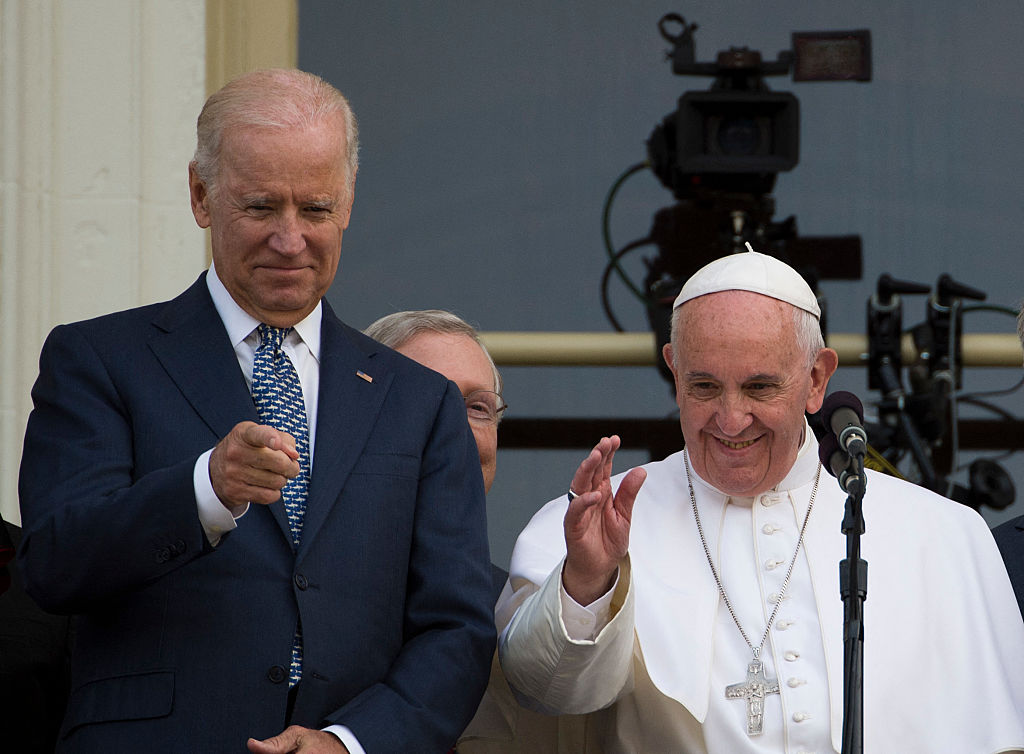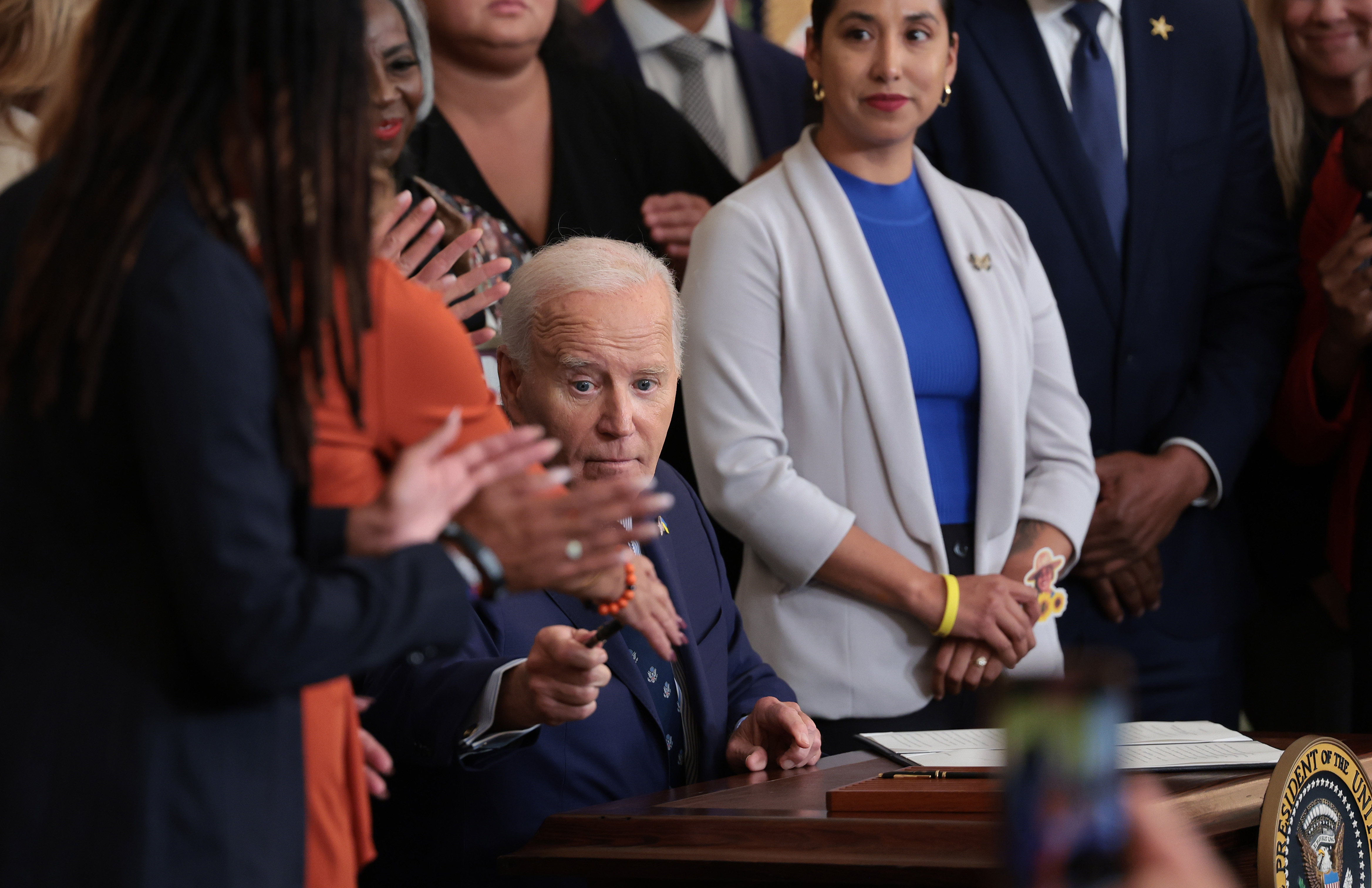President Joe Biden’s re-nomination of Jerome Powell as Federal Reserve chairman came as no surprise to financial analysts. Powell remained the most likely candidate given his ability to schmooze and glad-hand with politicians within and outside the administration. He earned the title of “best bureaucrat in Washington, DC” by receiving endorsements from both National Review and the American Prospect despite their divergent policy views. A corresponding vote in the Senate seems preordained, unless Massachusetts Senator Elizabeth Warren gets her way and forces a new pick.
“Reappointing Powell is the safest route here,” the Cato Institute’s Norbert Michel told me in an email after Powell’s nomination on Monday. “Failure to do so would have raised all kinds of questions for the administration and caused headaches that they just don’t need. All for very little, if any, gain.”
Not everyone is happy about Powell’s re-appointment. Progressive and environmentalist groups see Powell as some sort of demon and claim he hasn’t done enough for the climate. Their choice for Fed chair ended up becoming Biden’s nominee for Fed vice chair, Dr. Lael Brainard. Left-wing groups appear happy with the selection of Brainard but also want Sarah Bloom Raskin back on the Fed board with Michigan State University’s Dr. Lisa Bloom to follow. This despite Biden’s professed belief in an independent Fed without any sort of political leanings.
“The fact [that Brainard’s nomination] was even an issue demonstrates how much of a political institution the Fed really is,” Michel said.
History shows that the Fed and the White House regularly entwine themselves in policy discussions. President Gerald Ford and then-Fed chair Arthur F. Burns met 48 times one year. Alan Greenspan involved himself in policy debates dating back to at least 1993. Biden met with Powell originally in June to discuss climate change and inclusiveness within the financial system. The pair also talked earlier this month, according to CNBC.
Let’s not forget that past presidents enjoyed giving advice to the Fed. Greenspan told CNBC in 2018 that he heard from the White House “all the time” about economic policy. Donald Trump enjoyed publicly harrumphing about Powell on Twitter. Politics and a government-run central bank, no matter how “independent” the latter supposedly is, will always come together.
Powell’s appointment further proves that the more things change, the more they stay the same. He’s not expected to make any major adjustments to inflation despite Monday’s promise otherwise. Neither is Brainard, who also avowed the need to reduce inflation.
“They have to pay lip service to wanting to control/bring down inflation,” Michel said when I asked him about Powell and Brainard’s comment. “Notice, of course, that they COULD HAVE tightened their policy stance already (which is how they have to go about ‘getting inflation down’) but they chose not to do so.”
How to deal with inflation depends on who you ask. Jeff Faux at the American Prospect defended Nixon-era price control measures but believes Americans would revolt if they were put in place today.
“[Biden] and the Democrats should do what Jimmy Carter didn’t: launch an aggressive educational campaign to explain what is driving prices upward,” Faux suggests while also calling on Biden to re-ban oil exports. “The Democrats’ explanation of COVID bottlenecks, and more specifically a fragile supply chain damaged by 40 years of hollowed-out industrial policy and corporate profiteering, is more accurate and easier for voters to understand than the more abstract and ideologically driven tale of government overspending.”
Michel says otherwise. He believes it’s better to think even more long-term in controlling inflation, including by ending government stimulus packages, removing tariffs and trade barriers (a move supported by Treasury Secretary and former Fed Chair Janet Yellen), and ending COVID-19 restrictions. He sees these as better alternatives to quick-fix solutions like an immediate interest hike or the government pulling money from circulation.
Michel’s ideas make more sense but would involve the White House and Congress passing laws to reduce the government’s scope and power, which they are hesitant to do.



